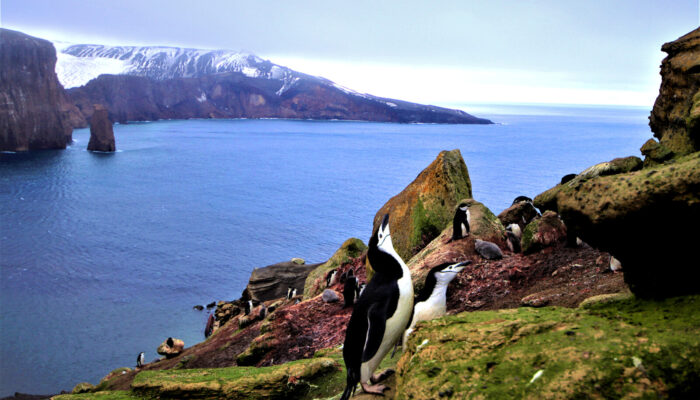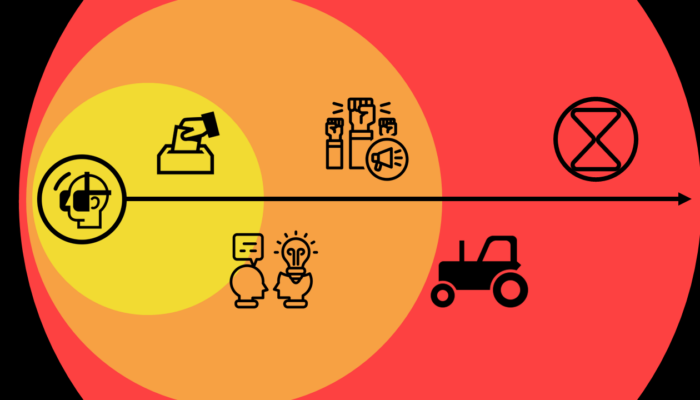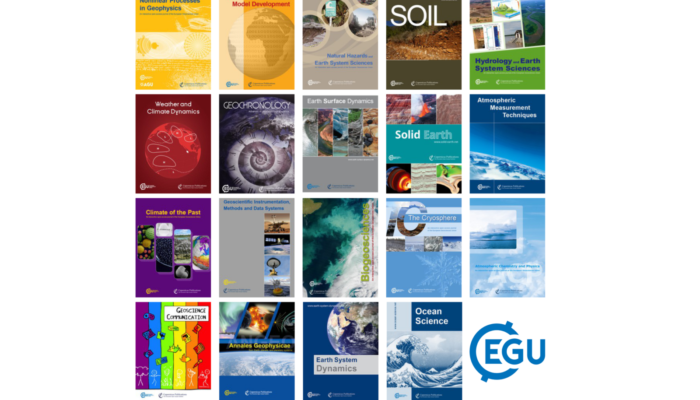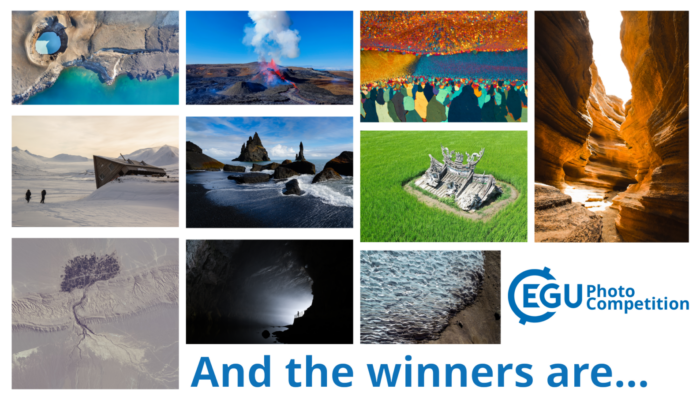Each month we feature specific Divisions of EGU and during the monthly GeoRoundup we put the journals that publish science from those Divisions at the top of the Highlights roundup. As April was the month we held the General Assembly we are not highlighting any specific Division, so this month our GeoRoundup Journals will be alphabetical! Highlights Atmospheric Measurement Techniques: Quant ...[Read More]
Predators or gardeners: how penguins fertilise Antarctica’s biodiversity

On the desolate Antarctic peninsula, a colony of penguins creates a hub of biodiversity. One may ask, how exactly do those aquatic birds help maintain and enrich the variety of different kinds of organisms from plants and animals, to a wide range of insects and micro-organisms that live on our planet? The answer is quite intriguing. Scientists from the University of Science and Technology of China ...[Read More]
The EGU Great Debate: About the Anthropocene, scientists and comfort zones?

EGU has hosted a Great Debate with world-renowned climate scientists and activists about the growing human impact on our natural and social environment for many years. There are many aspects to the debate, from voting bad politicians out, to communication duties of scientists, the interconnection of a need for social equity and decarbonization, and more. In this blog post, I want to focus o ...[Read More]
Congratulations to the winners of the EGU24 Photo Competition!
For this year’s Photo Contest, EGU received a number of amazing images capturing a broad spectrum of the geosciences. Since the selection committee whittled the field down to 10 finalists, you have been voting for your favourites throughout EGU24’s week-long conference, both on-site in Vienna at the EGU booth, and online. After an enthusiastic response from voters, we are now ready -and very ...[Read More]


